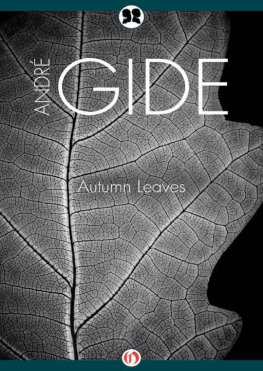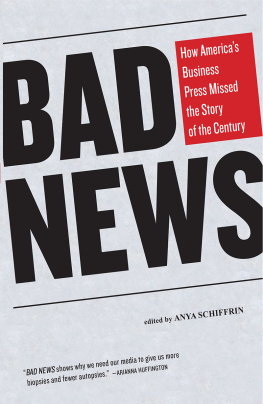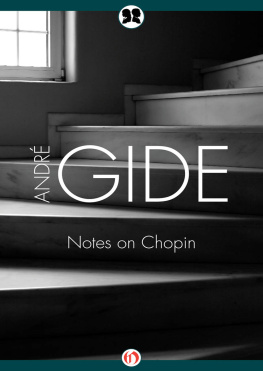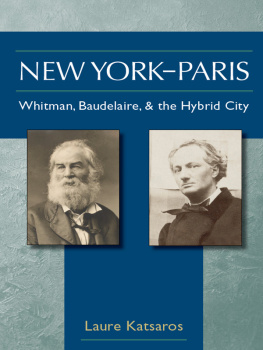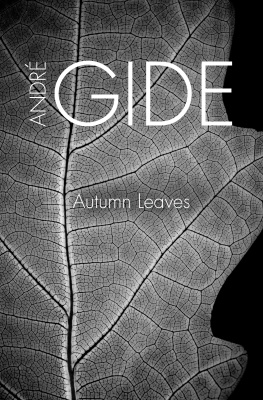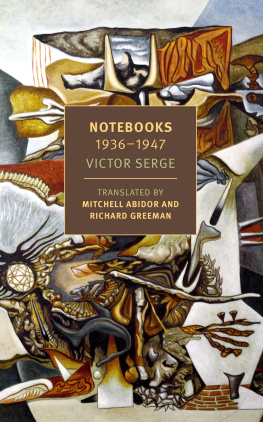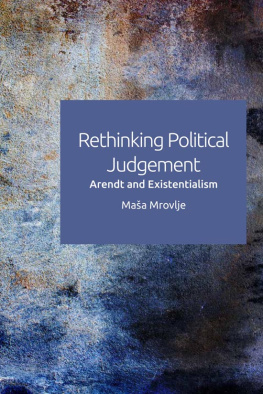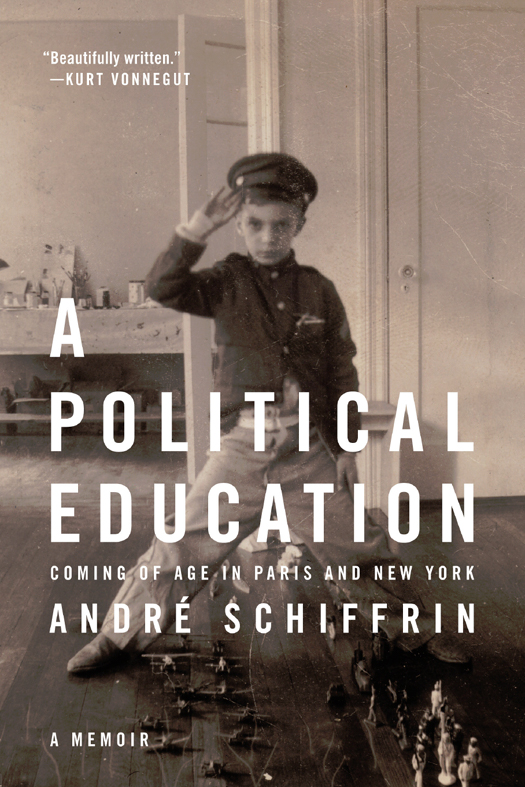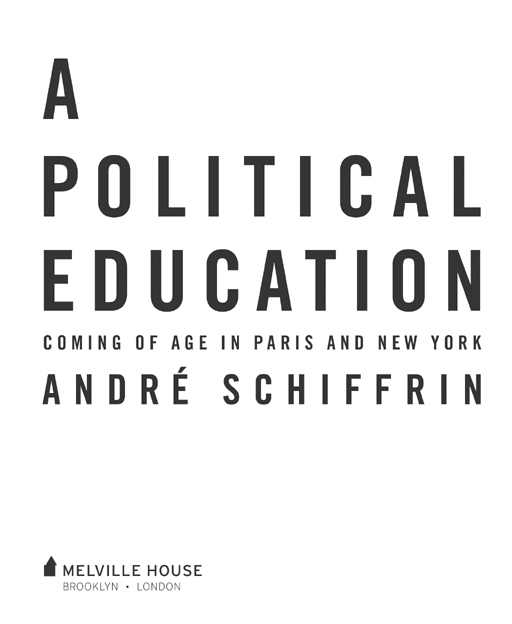PRAISE FOR
A POLITICAL EDUCATION
Schiffrin evokes the bittersweet tang of migr life in New York.
THE NEW YORK TIMES BOOK REVIEW
Andr Schiffrins memoir begins and ends in Paris, neatly encircling a long career as a titan of publishing in New York City, where he managed Pantheon Books for 30 years. An introspective wish to explore his dual nature has led him to compose a narrative of fractured halves: of French and American loyalties, of personal history and political opinion andperhaps most significantof a father and a son gesturing to each other across deaths divide.
LOS ANGELES TIMES
[A Political Educations] real strength is in its depiction of a childhood that included attending a Quaker school in New York City and growing up with parents displaced from Europe yet deeply connected to it.
CHICAGO TRIBUNE
A beautifully written and melancholy update, if you will, of Democracy in America by the Frenchman de Tocqueville, this book was also written by a man born in France, but one who has spent most of his life in America, most famously as a publisher of books in support of peace and we the people.
KURT VONNEGUT
Schiffrins memoir is a master class in living, learning, and writing. Sign up now for a fabulous experience.
BILL MOYERS
This remarkable work is more than a flesh-and-blood tale of growing up. It is the stunning and revelatory road map of a seeker. It is an autobiography of ideas.
STUDS TERKEL
The sinewy memoir of a natural child of high European culture as well as a shrewd brief for unblinkering ourselves from fashion and cant From the start, Schiffrin breathed politics and ideas.
JOHN LEONARD, HARPERS MAGAZINE
Andr Schiffrins life story is a riveting journey, from the commanding heights of American culture in the 1940s through the culture crash of the Reagan-Bush era. Along the way we meet the great and the goodheroes like Andr Gide, who really cared about freedom, as well as villains who just didnt give a damn. This is the best literary and political memoir Ive read in yearsan indispensable text for understanding what weve lost.
JOHN R. M AC ARTHUR
Schiffrins coming-of-age story acts as a springboard for a series of vivid and insightful vignettes about political developments in the United States Poignant memoirs.
BOOKFORUM
Impressive In a time when pliable corporate managers have the final say, Schiffrin writes as an intellectual representative of lost times and attitudes, vehemently defending the importance of independent publishers.
FRANKFURTER ALLGEMEINE ZEITUNG
Exciting A look back on the global evolution of a profession. From his father he inherited the belief that money is used to make beautiful books and spread great ideas, but he suddenly discovered that, in the world in which we live, money is now used to produce money.
LE NOUVEL OBSERVATEUR
Exciting descriptions of fleeing France with his parents and evocative descriptions of postwar America Everything vibrates in the sensitivity of a young eye.
LIBRATION
A fascinating half-century history of life in the United States.
LE MONDE
For thirty years, ANDR SCHIFFRIN (19352013) was the publisher of Pantheon Books, where he showcased some of the worlds leading writers, including Noam Chomsky, Michel Foucault, Eric Hobsbawm, Art Spiegelman, Simone de Beauvoir, Studs Terkel, and Marguerite Duras. In 1990, he left Pantheon to found The New Press, and many of those writers went with him. He was the author of an acclaimed study of the book industry, The Business of Books: How International Conglomerates Took Over Publishing and Changed the Way We Readwhich was published in twenty-three foreign editionsand Words & Money.
ALSO BY ANDR SCHIFFRIN
Ldition sans diteurs (Paris, 1999)
The Business of Books (London/New York, 2000)
Le Contrle de la parole (Paris, 2005)
Words & Money (London/New York, 2010)
EDITED VOLUMES
The Fifties: Photos from Magnum (with Natalia Schiffrin) (New York, 1985)
The Cold War and the Universities (New York, 1997)
Conglomerates and the Media (New York, 1997)
CorrespondenceAndr GideJacques Schiffrin, 19221950 (with Alban Cerisier) (Paris, 2005)
A POLITICAL EDUCATION
ANDR SCHIFFRIN, 2007
FIRST MELVILLE HOUSE PAPERBACK PRINTING: JANUARY 2014
BOOK DESIGN: BLAIR & HAYES
MELVILLE HOUSE PUBLISHING
145 PLYMOUTH STREET
BROOKLYN, NY 11201
AND
8 BLACKSTOCK MEWS
ISLINGTON
LONDON N4 2BT
MHPBOOKS.COM FACEBOOK.COM/MHPBOOKS @MELVILLEHOUSE
EBOOK ISBN: 978-1-61219-364-9
THE LIBRARY OF CONGRESS HAS CATALOGED
THE HARDCOVER EDITION AS FOLLOWS:
Schiffrin, Andr.
A political education / Andr Schiffrin.
p. cm.
Includes bibliographical references.
ISBN-13: 978-1-933633-15-2
ISBN-10: 1-933633-15-8
1. Schiffrin, AndrPolitical and social views. 2. Schiffrin, AndrChildhood and youth. 3. Schiffrin, AndrHomes and hauntsFranceParis. 4. Publishers and publishingUnited StatesBiography. 5. Paris (France)Intellectual life20th century. 6. United StatesIntellectual life20th century. I. Title.
Z473.S36 2007
070.5092dc22
[B]
2006101685
v3.1
TO THE MEMORY OF MY PARENTS
ACKNOWLEDGMENTS
I am very grateful to my editors and publishers at Melville House, Dennis Johnson and Valerie Merians, for courageously taking on the task of publishing this footnote to our recent history. Their comments and suggestions have been a real help in the writing of this book.
I am also grateful to a number of readers who agreed to compare my account with their own memories of the period. These include some of my Friends Seminary schoolmates, such as Paul Chevigny and Antoinette King. Lore Segal has also been very helpful in discussing our common experience as refugees. Bob Rifkind looked at the memories of Yale that we share.
My colleagues Sara Bershtel, Joel Ariaratnam, and Andy Hsiao were kind enough to lay aside their heavy editorial load and to read early drafts, most helpfully. Finally, I had much help and encouragement from my familymy wife, Maria Elena, who had to share the uncertainties and travails of writing this, and my daughters, Anya and Natalia, who were unfailingly enthusiastic from the start; my uncle Serge Brodsky read all this from a French perspective and caught what would have been many errors.
PREFACE
The thought of writing this book came to me after I had spent the year 2003 in Paris, a time that is described in this books final chapter. I had already written a kind of professional autobiography in 2000 called The Business of Books, about my role as a publisher and how that had changed along with the publishing business as a whole. But after my year in Paris I felt there was more to be said. I realized that I had resisted saying some things in my first book, partly because I hadnt wanted to write anything too close to my personal life, partly because I had kept from myself many aspects of my own turbulent history, and partly because I had reached that age at which people often find themselves looking back on their life and realizing how much of it had been left unexamined. Along with this was the deepening understanding that I knew far too little about my parents, that I had failed to ask them crucial questions when I was young, and that now it was too late to do so.


